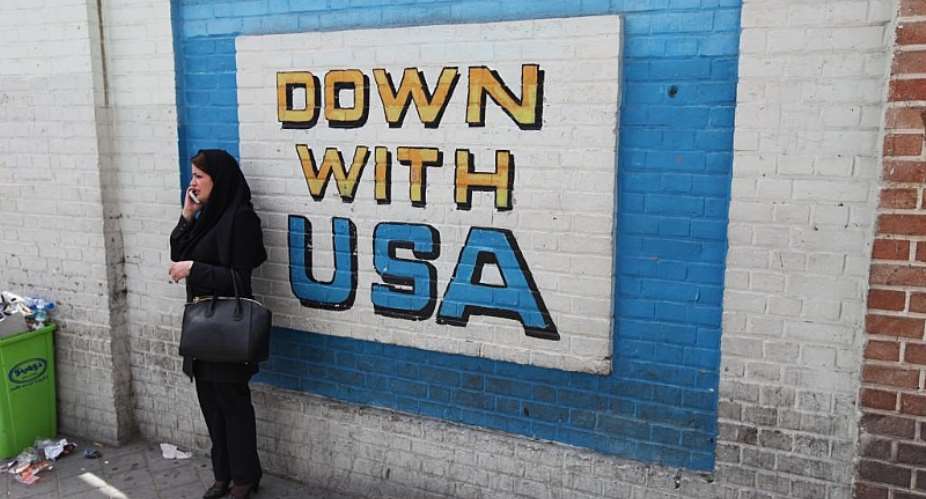Iran has not yet surpassed the limit set for the stockpile of its enriched uranium. The latest data from UN nuclear inspectors suggest that the cap may be reached this weekend, after a crucial meeting in Vienna on the fate of the Iran nuclear deal.
According to article 1(7) of the Iran nuclear deal, Iran has to keep its stockpile of enriched uranium under 300 kg.
Everything beyond that has to be “sold ... and delivered to an international buyer in return for natural uranium delivered to Iran.”
But as a result of US President Donald Trump withdrawing unilaterally from the 2015 Joint Comprehensive Plan of Action (JCPOA), and re-imposing sanctions, no one wants to touch Iran's excess uranium.
The fact that breaching the 300 kg limit has been postponed may indicate that Iran wants to avoid the topic at the Vienna meeting.
On Friday, Iran, France, Germany, Britain, China, and Russia, will meet to see what can be salvaged from the deal, and a possible breach of the JCPOA may play to Iran's disadvantage.
Earlier on, an EU statement said that officials will look at ways to "tackle challenges arising from the withdrawal and re-imposition of sanctions by the United States on Iran.
"The meeting has been called with the intention of ensuring the continued implementation of the JCPOA in all its aspects and discuss ways to tackle challenges arising from the withdrawal and re-imposition of sanctions by the United States on Iran, as well as recent announcements by Iran regarding the implementation of its nuclear commitments," the EU said.
Trump had called the deal “terrible,” saying that its terms were not strict enough to prevent Iran from developing nuclear weapons.
He also claimed that Tehran had violated the "spirit" of the accord by supporting extremist violence in the region.
Iran rejects all charges. Instead it called for “new resistance" against the US on Thursday as large crowds mourned soldiers who died in the Iran-Iraq war between 1980 and 1989 and cost the lives of millions.
Iran regularly organises funerals for soldiers killed in the deeply traumatic “war of national resistance” when remains are either returned by Iraq or found in former combat areas, which were mainly in Iran.





 SSNIT must be managed without gov’t interference – Austin Gamey
SSNIT must be managed without gov’t interference – Austin Gamey
 Ejisu by-election could go either way between NPP and independent candidate — Gl...
Ejisu by-election could go either way between NPP and independent candidate — Gl...
 We never asked ministers, DCEs to bring NPP apparatchiks for returning officer r...
We never asked ministers, DCEs to bring NPP apparatchiks for returning officer r...
 No one denigrated the commission when you appointed NDC sympathizers during your...
No one denigrated the commission when you appointed NDC sympathizers during your...
 Used cloth dealers protests over delayed Kumasi Central Market project
Used cloth dealers protests over delayed Kumasi Central Market project
 A/R: Kwadaso onion market traders refuse to relocate to new site
A/R: Kwadaso onion market traders refuse to relocate to new site
 Dumsor: Corn mill operators at Kaneshie market face financial crisis
Dumsor: Corn mill operators at Kaneshie market face financial crisis
 Jamestown fishermen seek support over destruction of canoes by Tuesday's heavy d...
Jamestown fishermen seek support over destruction of canoes by Tuesday's heavy d...
 Election 2024: EC to commence voter registration exercise on May 7
Election 2024: EC to commence voter registration exercise on May 7
 Public schools rebranding: We’re switching to blue and white, we’re painting all...
Public schools rebranding: We’re switching to blue and white, we’re painting all...
